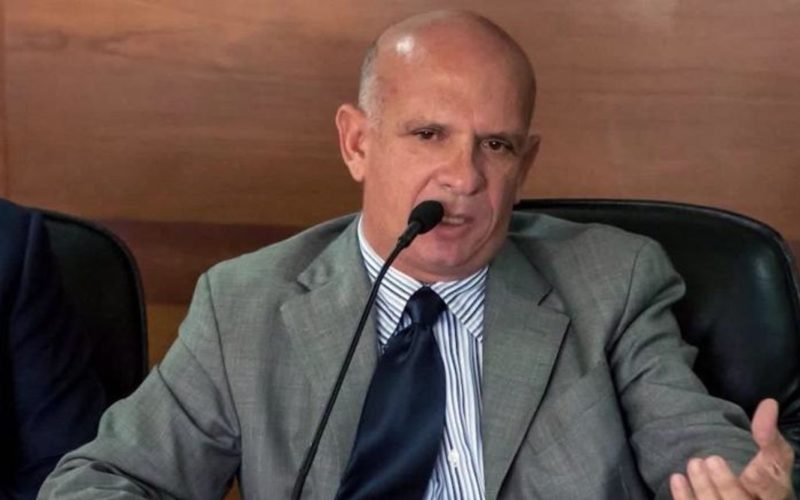Honduran politics is facing a new episode of tension following statements by former Venezuelan intelligence chief Hugo “El Pollo” Carvajal. His recent testimony, broadcast from Spain, points to the alleged intervention of Venezuela’s Chavista government in the politics of the region, including Honduras, through what he called the “Venezuela Plan”.
Carvajal claimed that this plan consists of financing political movements with the aim of expanding the ideological influence of Chavismo in Latin America. Although he did not present any documentary evidence to support his claims, his statements provoked immediate reactions in both the political sphere and public opinion. LIBRE, the country’s main opposition party, is at the center of the debate due to its indirect mention in the testimony.
Governmental responses and demands for inquiries
Various political sectors have requested clarification on the actual scope of Carvajal’s statements. Opposition voices in Honduras have demanded an investigation into whether there is any concrete link between local officials or parties and the alleged financing. In contrast, representatives of the left have described the testimony as a baseless political maneuver, highlighting the absence of verifiable evidence.
The discussion has fostered an atmosphere of unpredictability within the political sphere, with institutional scrutiny centered on the potential impact of these allegations on governance and the public’s view of openness in electoral and party procedures.
Consequences for the region and international relations
Experts in international relations warn that the statements could reignite historical tensions between Honduras and Venezuela. The mention of a coordinated plan to influence the internal politics of other countries connects with past episodes of conflictive diplomacy, which could have repercussions on the stability of the region. The authorities in Tegucigalpa have not yet issued any official statements on possible investigations or preventive measures.
The effect of these statements also extends to citizen participation. Analysts point out that media and political polarization can affect the population’s trust in institutions and their perception of transparency in the financing of political parties and movements.
Scenario for LIBRE and the political landscape
For LIBRE, Carvajal’s statements constitute an institutional challenge that requires immediate attention. The political party faces the need to communicate clearly about its financing and strategies, while the judicial and electoral systems must evaluate the relevance and veracity of any links that may arise from the statements.
The current context has political actors and citizens on alert, as the situation could set a precedent for how Honduras addresses allegations of foreign influence in its internal politics. The country faces the challenge of balancing political and economic stability with transparency and accountability in a highly polarized environment.
